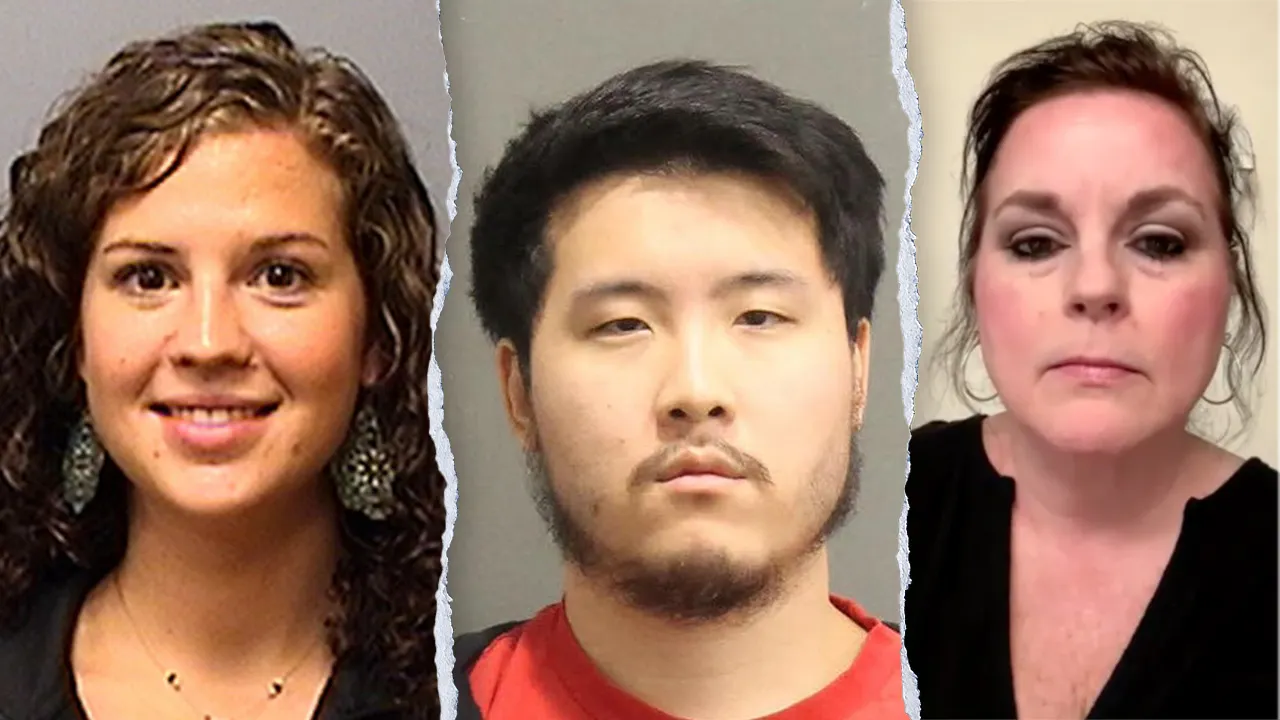Some days, after Justice Sonia Sotomayor listens to the Supreme Court announce its decisions, she goes into her chambers, shuts the door and weeps.
“There are days that I’ve come to my office after an announcement of a case and closed my door and cried,” Justice Sotomayor told a crowd on Friday at the Radcliffe Institute at Harvard University, where she was being honored. “There have been those days. And there are likely to be more.”
The comments about the challenges of being a liberal on a court dominated by conservatives came at the tail end of a public conversation with her friend and law school classmate, Martha Minow, a former dean of Harvard Law School and human rights scholar.
The justice set a tone of optimism even as she voiced frustration with some of the court’s rulings, a possible signal that the end of the term, when the most high-profile decisions typically land, could bring more conservative victories. She urged a long-term view of pushing for the values she views as guiding principles — equality, diversity and justice.
“There are moments when I’m deeply, deeply sad,” she said, without citing any specific cases. “There are moments when, yes, even I feel desperation. We all do. But you have to own it, you have to accept it, you have to shed the tears and then you have to wipe them and get up.”
Decisions in dozens of cases are still pending, including on abortion, guns, the free speech rights of social media companies, the regulatory power of government agencies and whether former President Donald J. Trump is immune from prosecution on charges of plotting to overturn the 2020 election.
On a sunny spring day, hundreds gathered under an outdoor tent to hear Justice Sotomayor, including young children carrying Puerto Rican flags, a nod to her roots. The justice, whose parents are Puerto Rican, is the first Latina to serve on the Supreme Court.
The justice said that she had first planned on a career as a detective, prompted not by her interactions with law enforcement in the public housing that formed her world as a child in the Bronx but because of the fictional girl detective Nancy Drew.
“I think Nancy Drew became sort of a role model,” Justice Sotomayor said.
That led to a fascination with helping others, seeking justice and, eventually, a more sophisticated understanding of the legal system and the power of judges. That came into sharper focus as she watched Southern lower court judges defy cultural norms to uphold the landmark decision Brown v. Board of Education, in which the Supreme Court ruled that racial segregation in public schools violated the Constitution.
“They were brave men who believed in the power of law to form that more perfect union, and I believe it,” she said.
She spoke with great warmth about her mother, who raised her as a single parent after Justice Sotomayor’s father died when she was 9. She said her mother initially wanted her to become a journalist, to travel and interview people. As a young girl, the justice recalled, her mother was unable to afford books or newspapers, leaving her to pluck papers from trash cans, eager to understand more of the world.
As a high school student, Justice Sotomayor said, she watched her mother return to school to become a registered nurse, a move that showed great determination.
“If I’m half the woman my mother was, then I’m satisfied because she was amazing,” Justice Sotomayor said.
She also credited a series of mentors with helping her find her way as she rose from a young lawyer to a district judge, moving to the appeals court and finally the Supreme Court.
When she was asked to join the Supreme Court, she said, she hesitated because her mother had been diagnosed with memory loss, and she worried about whether she would have enough time to spend with her.
Her mother’s reaction was swift and clear: “She stopped me, and she said, ‘Don’t you dare not do this because of me. You would take away the dream I spent my life building for you. I wanted you to be the very best you can.’”
In her years on the court, she said, she has focused on trying to mentor, encourage and inspire young people, from small children in Head Start programs on up.
“If I say one thing to any child in this room, and I consider you a child if you’re younger than 20, by the way,” she said. “But if one of you remembers something I said that inspired you to do something different, or inspires you to become more active in making the world a better place, then my legacy will last much longer than I will, because I will have departed this world and really left an important legacy.”






